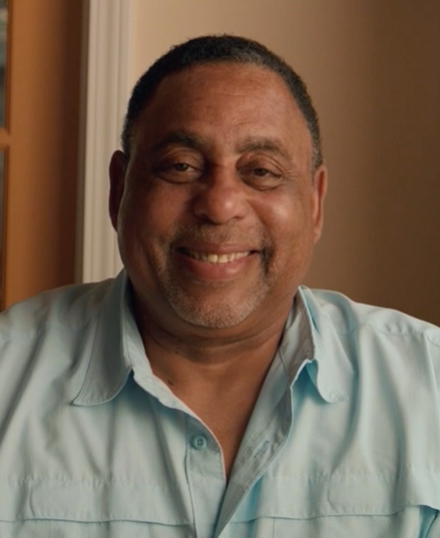Click here to register
For presentation slides and recording please visit the eHI Resource Center.
For many stakeholders, the healthcare experience can feel siloed and fragmented. In reality today, care management is limited to the windows of time patients and providers have during in-person appointments to discuss quality of life, lifestyle habits, monthly device readings, and adjust treatment. This is because providers only have access to a fraction of the valuable information about patients’ health outside the four walls of the hospital.
However, the use of digital health devices and apps – like in-home medical devices and wearables – can extend care beyond these walls and provide better insights into patients’ health. These devices and apps generate valuable patient data that, when incorporated into the clinical workflow and a continuous program of care, lead to more efficient and effective treatment that can lower costs and improve outcomes.
In this webinar, three stakeholders – including a patient with type 2 diabetes, a provider who designed and managed remote care programs, and a health technologist specializing in data workflows and analytics – will share their perspectives on the value that patient-generated health data (PGHD) and digital health devices offer remote care programs.
Participants will also gain practical guidance on:
- Best practices for implementing and scaling a remote care program with digital tools
- How best to engage and empower patients with data-driven remote care programs
Join the webinar to hear from a patient discussing their firsthand experience participating in a remote care program, and the perspectives of a technologist and provider on the implementation and operation of such programs.
Speakers

Martin Entwistle, President, Ares Health Systems
|
Responsible for the development and deployment of programs of care for prevention and disease management that drive sustained high levels of engagement by patients. This includes the Mpower™ system for personalized care, integrated with the EHR and third-party data systems, which has been migrated from an innovation project to an operationalized, enterprise application deployed across Sutter Health, a not-for-profit healthcare provider serving 2 million patients in Northern California. Previously he served as Executive Director of the David Drucker Center for Health Systems Innovation with prestigious California healthcare provider Palo Alto Medical Foundation (PAMF). From 1996-2008, Martin was founder and CEO of Enigma CKM Inc., a New Zealand owned vendor that created a patented clinical decision support system, acquired by PAMF and developed into Mpower™. Martin qualified as a physician (MB ChB) from Birmingham University, UK, specialization in trauma orthopedic surgery (FRCSEd), and has an MBA from Cranfield University, UK.
|

Drew Schiller,
CEO, Validic
|
Drew Schiller is CEO and co-founder at Validic and serves on the Board of Directors. He is a Board Member of the Consumer Technology Association (CTA) Health & Fitness Technology Division and contributes to moving the industry forward through his work with CTA Health & Fitness Standards. Drew serves on the Leadership Council for the eHealth Initiative (eHI) and participates in the eHI Interoperability Workgroup. He is also an advisor for the Clinical Trials Transformation Institute Mobile Devices Project to advance the use of mobile devices in clinical trials. Drew previously served on the Federal Advisory Committee joint HITPC/HITSC API Task Force on Meaningful Use 3.
|

Steve Van,
Patient Champion
|
Steve Van was diagnosed with type II diabetes at age 40, like his father, uncle, and grandmothers before him. After struggling for decades to manage his condition and subsequent ailments like atrial flutter and depression, Steve joined a pilot program which used home health devices and wearables to connect his biometric and routine data – that he was generating each day – to his care team in real-time. This program helped Steve's team identify a negative habit and intervene for sustained behavior change, leading to a major improvement in his health. After losing more than fifty pounds and lowering his a1c by nearly 2 points, Steve now advocates for the use of patient-generated health data to help patients better understand and manage their condition.
|